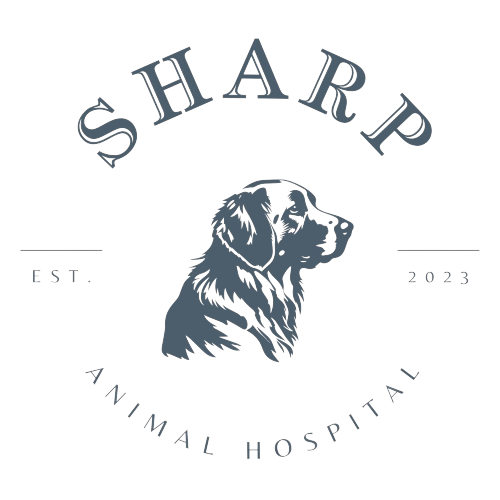Articles
-
Levothyroxine is thyroid hormone replacement given by mouth in the form of a tablet or capsule. It is used to treat hypothyroidism and its use in cats and certain exotic animals is off label. This medication should not be used in pets with certain heart conditions, untreated Addison's disease, or hyperthyroidism.
-
Lidocaine/lidocaine combinations topical are local anesthetics that provide anesthesia (a numbing effect) to the skin in cats, dogs, and other animals. Combination products may contain other local anesthetics, antibiotics or antimicrobials, steroids, antihistamines, and/or cleansing agents.
-
Crate training is most used with dogs, but it can be useful for kittens and cats too. Crate training is useful in many situations, such as providing a safe place when home alone or unsupervised. Cats that are calm in their crates experience less distress when they need to travel, visit the veterinary hospital, or stay at a boarding facility. Starting while your cat is young makes training easier, but even adult cats can be trained to relax in a crate. If your cat shows signs of distress (e.g., prolonged vocalization, trying to escape, salivation, rapid continuous movement) while using the training methods provided in this handout, consult your veterinarian.
-
Lime sulfur topical is a leave-on agent used to treat fungal skin infections such as ringworm (dermatophytosis) and topical yeast infections (Malassezia dermatitis) in dogs, cats, puppies, kittens, and horses. Lime sulfur topical can also be useful in the treatment of several species of skin and fur mites and lice.
-
Lincomycin is given by mouth or injection and is used on and off label to treat certain bacterial infections. Give as directed by your veterinarian. Common side effects include vomiting, diarrhea, or drooling. Do not use in pets that are allergic to it or similar drugs, in pets with a candida fungal infection, very young pets, or in rabbits, hamsters, guinea pigs, or horses. If a negative reaction occurs, please call the veterinary office.
-
One particularly dangerous type of foreign body in cats is a linear foreign body: a long, thin object such as string, yarn, or tinsel. If one end of the linear foreign body becomes lodged in the gastrointestinal tract, intestinal perforation may occur due to bunching up of the intestines. The most common signs of a linear foreign body include vomiting, anorexia (refusal to eat), dehydration, and lethargy. If your veterinarian suspects a linear foreign body, your cat will need an exploratory laparotomy (abdominal surgery).
-
Linezolid is an antibiotic used to treat multi-drug-resistant, gram-positive bacterial infections in cats and dogs. Its use is limited to susceptible infections with documented resistance to other antimicrobials. Its use is off label in veterinary medicine. Linezolid comes in tablet and powder forms that may be compounded into liquid.
-
LinkSkin® Spray is a topical solution designed to support the skin barrier in dogs and cats by restoring the balance of microflora on the skin. It contains heat-killed lactobacilli and can help prevent skin infections caused by bacteria and yeast.
-
A lipoma is a common, usually benign (harmless) fat tumor seen in middle-aged to older animals. These tumors occur often in dogs and infrequently in cats. The malignant form of this tumor is called a liposarcoma. Liposarcomas usually do not spread, but they require more extensive surgery to control.
-
The liver is an important organ necessary for controlling many different body functions. Signs of liver disease in cats include increased drinking and urination, abdominal swelling, jaundice, digestive upset, and weight loss. Signs, diagnostics, and treatments are discussed.
